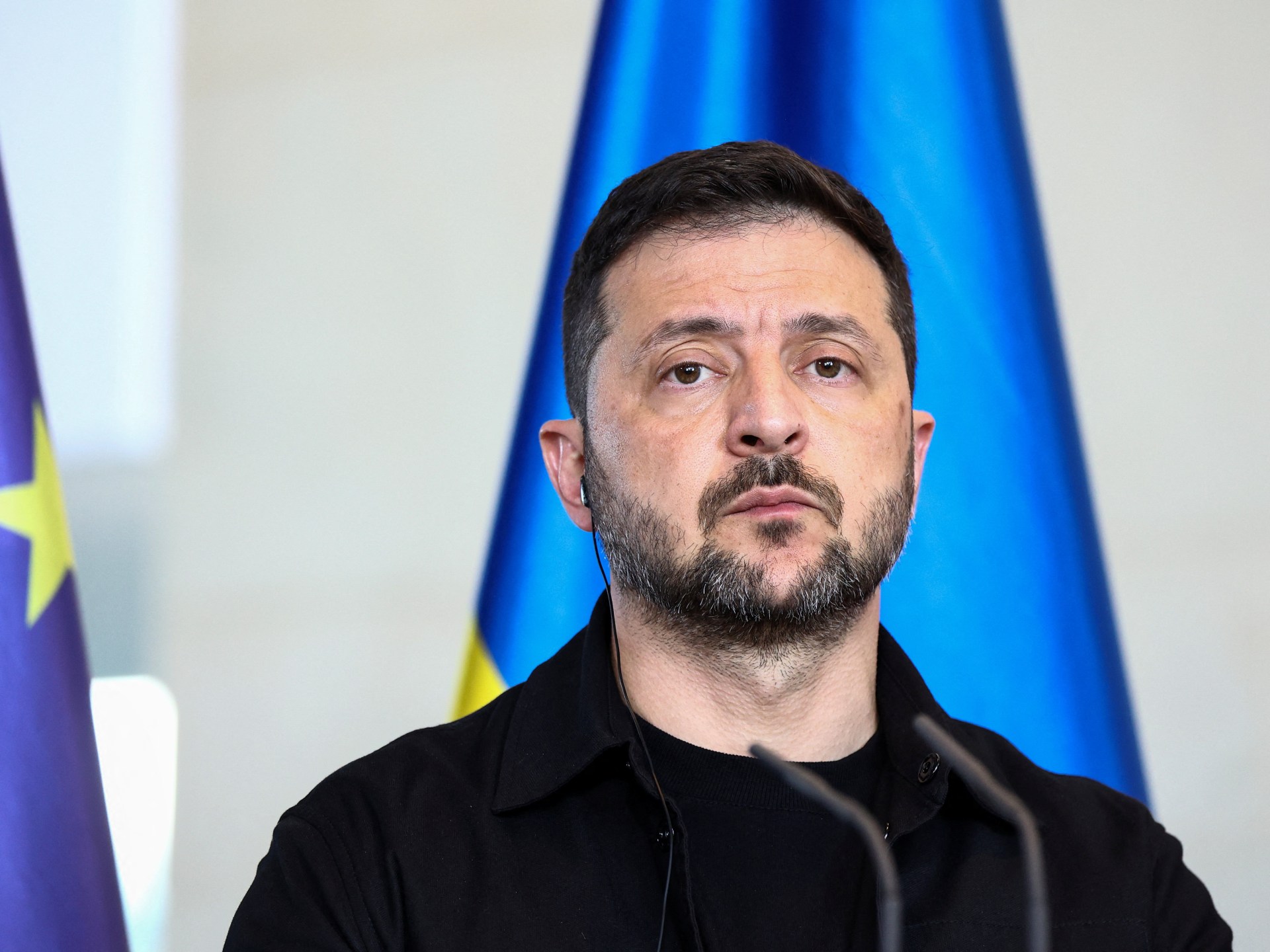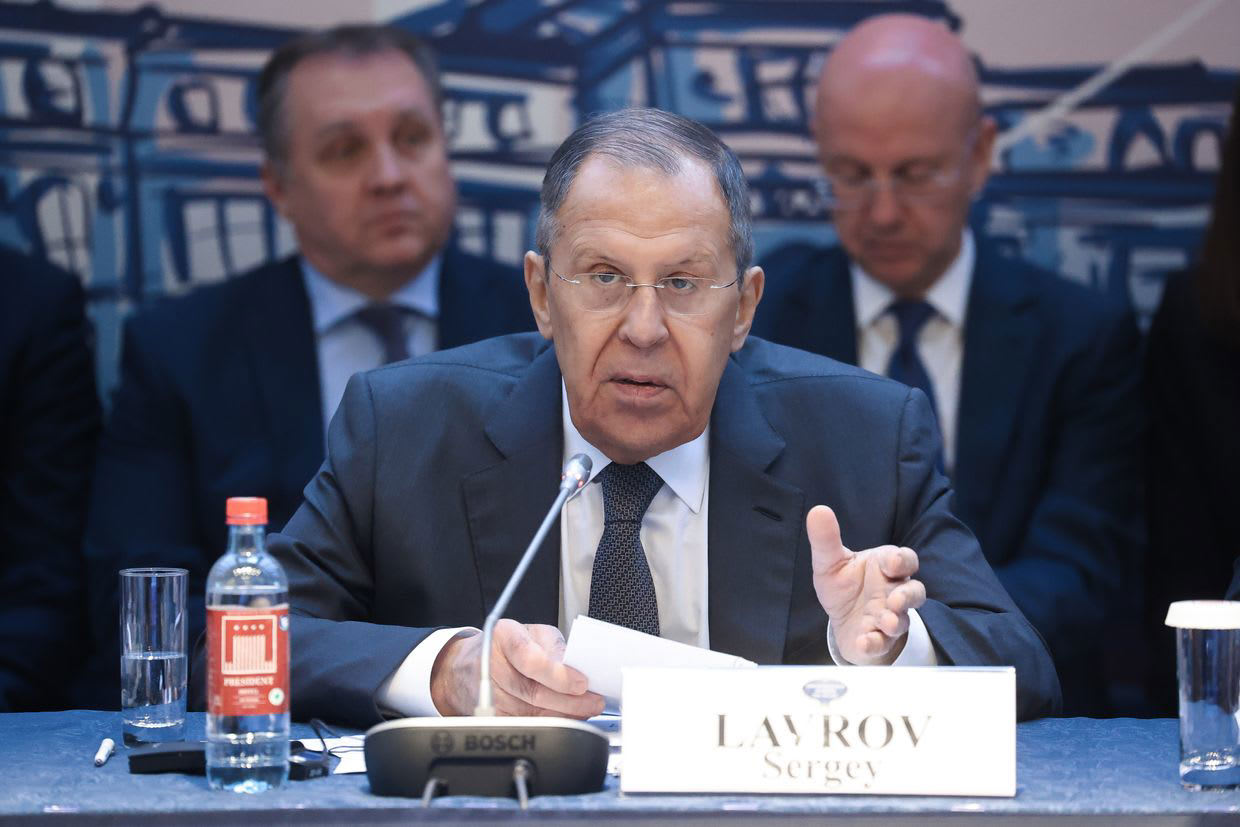EU Leaders Demand Five Conditions for Ukraine Peace Talks, Reject Russian Territorial Gains
In a decisive stance against Russia"s territorial expansion, European Union leaders have firmly rejected any notion of formal territorial concessions from Ukraine. Following a recent discussion with U.S. President Donald Trump, German Chancellor Friedrich Merz articulated a set of five conditions that the EU demands for the resumption of peace negotiations regarding the ongoing conflict in Ukraine.
Background & Context
The conflict between Ukraine and Russia, which escalated in 2014 with Russia"s annexation of Crimea, has led to a protracted and devastating war. Over the years, numerous attempts at peace negotiations have faltered, often due to disagreements over territorial integrity and sovereignty. As the EU navigates its role in this geopolitical crisis, the bloc"s leaders are increasingly vocal about their expectations for any potential peace process.
Chancellor Merz’s announcement marks a significant moment in EU diplomacy, reflecting a unified front among member states against Russian aggression. The five outlined conditions emphasize the EU"s commitment to Ukraine"s sovereignty and territorial integrity, as well as the need for a collaborative trans-Atlantic strategy in addressing the conflict. The insistence on Ukraine"s involvement in negotiations underscores the belief that any resolution must be inclusive and respectful of Ukraine"s rights and aspirations.
Key Developments
The five conditions set forth by EU leaders are as follows:
- Ceasefire: A halt to all offensive operations by Russia must occur before negotiations can commence.
- Involvement of Ukraine: Ukraine and its President, Volodymyr Zelensky, must play a central role in any peace discussions.
- No Legal Recognition of Territorial Gains: The EU will not recognize any territorial gains made by Russia, asserting that "borders cannot be changed by force."
- Robust Security Guarantees for Ukraine: Any agreement must include strong security assurances to protect Ukraine"s sovereignty.
- Common Trans-Atlantic Strategy: Future negotiations must align with a shared strategy between the EU and the United States.
These demands reflect a strategic approach aimed at deterring further Russian aggression while reinforcing Ukraine"s position. The emphasis on a ceasefire indicates a desire to stabilize the situation before any substantive discussions can take place. However, critics question the EU"s capacity to enforce these conditions, especially given the ongoing military dynamics on the ground.
\n\n
Image for EU Leaders Demand Five Conditions for Ukraine Peace Talks, Reject Russian Territorial Gains
Broader Impact
The implications of the EU"s demands extend beyond the immediate conflict. Analysts suggest that this unified stance may reshape the geopolitical landscape in Europe and beyond. The insistence on no territorial concessions aligns with international law principles, potentially galvanizing global support for Ukraine. However, skepticism remains regarding the EU"s leverage over Russia, as sanctions have not yielded the intended weakening of the Russian economy or military capability. As previously reported, the EU"s actions may appear more symbolic than substantive, raising questions about the efficacy of its strategy.
Moreover, the EU"s commitment to robust security guarantees for Ukraine may lead to increased military support from Western allies, further complicating the conflict. Experts argue that such support could either deter Russian advances or escalate the situation, depending on how Russia reacts to the shifting dynamics.
What"s Next
As the situation evolves, the immediate next steps involve diplomatic engagements to assess Russia"s response to the EU"s demands. The international community will be closely monitoring any changes in military operations and political rhetoric from Moscow. The potential for renewed negotiations hinges on the willingness of both Russia and Ukraine to engage constructively, a prospect that remains uncertain given the historical context of the conflict.
Furthermore, the EU"s role as a mediator will be tested as it seeks to balance its demands with the realities of military power dynamics. The upcoming months may prove critical in determining the trajectory of the conflict and the future of EU-Russia relations. With tensions still high, the international community must remain vigilant in its support for Ukraine and the pursuit of a sustainable peace.

Image for EU Leaders Demand Five Conditions for Ukraine Peace Talks, Reject Russian Territorial Gains


![[Video] Heavy clashes and gunfire reported in Baghdad, Iraq](/_next/image?url=%2Fapi%2Fimage%2Fthumbnails%2Fthumbnail-1768342239932-848qsh-thumbnail.jpg&w=3840&q=75)




![[Video] Gunfire between Iraqi security forces and Sadr militias in Baghdad](/_next/image?url=%2Fapi%2Fimage%2Fthumbnails%2Fthumbnail-1768343508874-4redb-thumbnail.jpg&w=3840&q=75)
